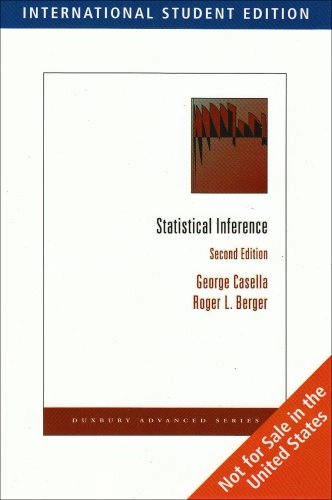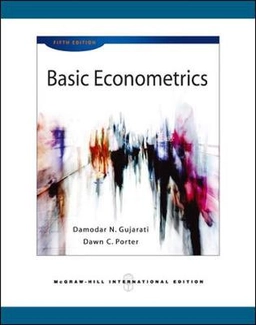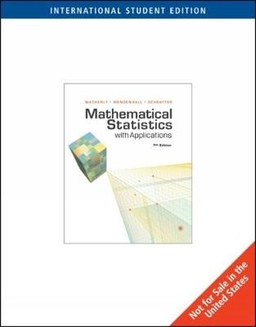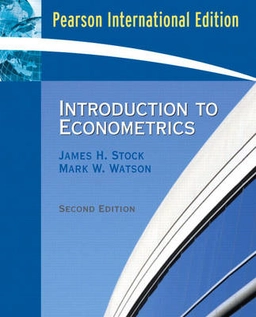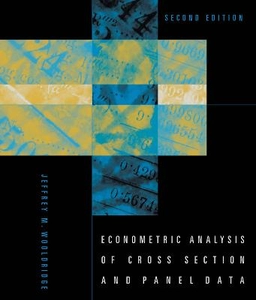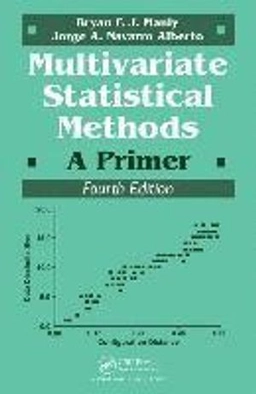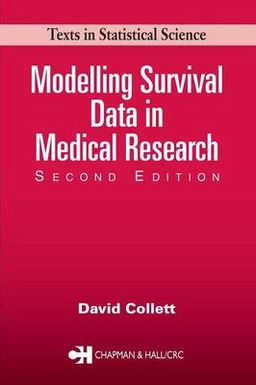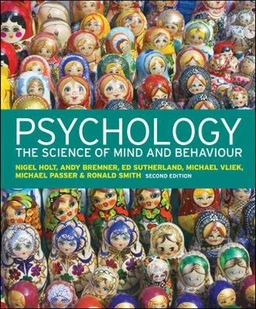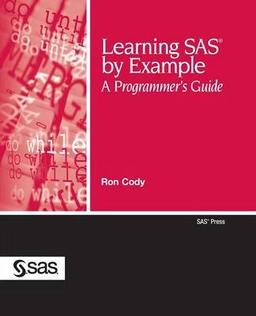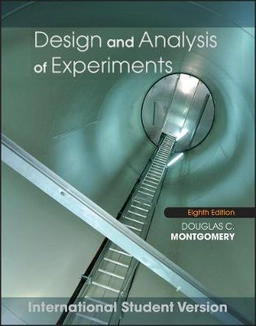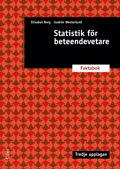This book builds theoretical statistics from the first principles of probability theory. Starting from the basics of probability, the authors develop the theory of statistical inference using techniques, definitions, and concepts that are statistical and are natural extensions and consequences of previous concepts. Intended for first-year graduate students, this book can be used for students majoring in statistics who have a solid mathematics background. It can also be used in a way that stresses the more practical uses of statistical theory, being more concerned with understanding basic statistical concepts and deriving reasonable statistical procedures for a variety of situations, and less concerned with formal optimality investigations.
New to this edition:
- Offers new coverage of random number generation, simulation methods, bootstrapping, EM algorithm, p-values, and robustness.
- Restructures material for clarity purposes.
- Gathers all large sample results into Chapter 10.
- Includes a new section on "Generating a Random Sample" in Chapter 5.
- Includes new sections on "Logistic Regression" and "Robust Regression" in Chapter 12.
- Contains updated and expanded Exercises in all chapters, and updated and expanded Miscellanea including discussions of variations on likelihood and Bayesian analysis, bootstrap, "second-order" asymptotics, and Monte Carlo Markov chain.
- Contains an Appendix detailing the use of Mathematica in problem solving.
Features:
Begins with the basics of probability theory and introduces many fundamentals that are later necessary (Chapters
Treats likelihood and sufficiency principles in detail. These principles, and the thinking behind them, are fundamental to total statistical understanding. The equivariance principle is also introduced.
Divides the methods of finding appropriate statistical methods and the methods of evaluating these techniques in the core statistical inference chapters (Chapters 7-9). Integrates decision theoretic evaluations into core chapters. Many of the techniques are used in consulting and are helpful in analyzing and inferring from actual problems.
Discusses use of simulation in mathematical statistics.
Includes a thorough introduction to large sample statistical methods.
Covers the elementary linear models through simple linear regression and oneway analysis of variance.
Covers more advanced theory of regression topics including "errors in variables" regression, logistic regression, and robust regression.
Åtkomstkoder och digitalt tilläggsmaterial garanteras inte med begagnade böcker
